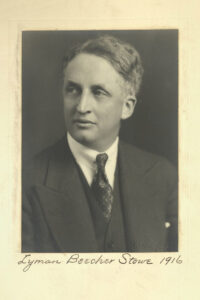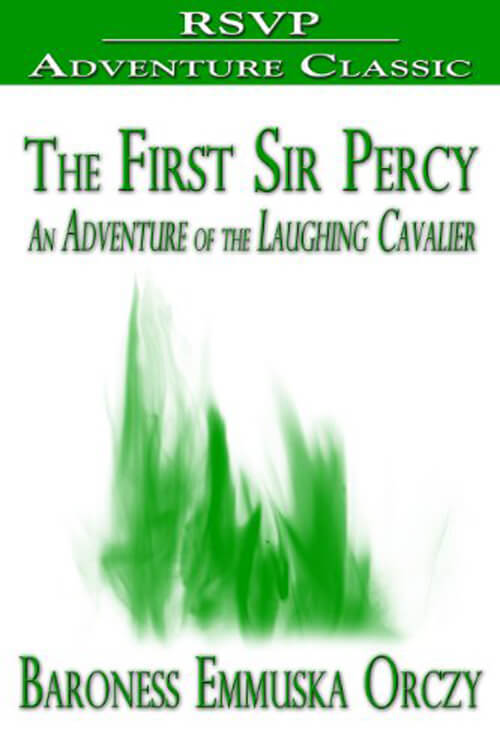
Booker T. Washington – Builder of a Civilization
If there is any lesson more essential than any other for this country to learn, it is the lesson that the enjoyment of rights should be conditional upon the performance of duty. For one failure in the history of our country, which is due to the people not asserting their rights, there are hundreds due to their not performing their duties. This is just as true of the White Man as the Colored Man. But it is a lesson even more important to be taught to the Colored Man because the Negro starts at the bottom of the ladder and will never develop the strength to climb even a single rung if he follows the lead of those who dwell only upon their rights and not upon their duties. He has a hard road to travel, anyhow.
He is sure to be treated with much injustice. Although he will encounter among white men a number who wish to help him upward and onward, he will experience only too many who, if they do him no bodily harm, yet show a brutal lack of consideration for him. Nevertheless, his one safety lies in steadily keeping in view that the law of service is the great law of life, above all in this Republic, and that no man of colour can benefit either himself or the rest of his race unless he proves by his life his adherence to this law. Such a life is not easy for the White Man, and it is very much less accessible for the Black Man, but it is even more critical for the Black Man, and the Black Man’s people, that he should lead it.
Like any man I have ever met, Booker T. Washington lived up to Micah’s verse, “What more doth the Lord require of thee than to do Justice and love Mercy and walk humbly with thy God.” He did justice to every man. He did justice to those to whom it was hard to do justice. He showed mercy, which meant that he showed mercy not only to the poor and those beneath him but also by understanding the shortcomings of those who failed to do him justice and his race justice.
He always understood and acted upon the belief that the Black Man could not rise if he so acted as to incur the enmity and hatred of the White Man, that it was of prime importance to the well-being of the Black Man to earn the goodwill of his white neighbour, and that the bulk of the Black Men who dwell in the Southern States must realize that the White Men who are their immediate physical neighbours are beyond all others those whose goodwill and respect it is of vital consequence that the Black Men of the South should secure. He was never led away, as the educated Negro so often is led away, into the pursuit of fantastic visions, into the drawing up of plans fit only for a world of two dimensions.
Read or download Book
Lyman Beecher Stowe
Lyman Beecher Stowe was a specific type of Renaissance man who could only have existed early in the twentieth century.
Biography.
Born in 1880, the grandson of Harriet Beecher Stowe, he was a member of Harvard University’s Class of 1904, along with Franklin D. Roosevelt. A handsome and charming man of letters dedicated to public service, Lyman worked as an editor, author, and lecturer. He was deeply involved in the New York Public Service Commission, serving as first deputy commissioner, secretary, and vice chairman. He also served as secretary of the Public Charities in the City of New York, where he had a home on Beekman Place and a summer home in Lenox, Massachusetts.
Lyman wrote a biography of his famous grandmother, the author of Uncle Tom’s Cabin, and several other books, including Booker T. Washington: Builder of a Civilization, but he didn’t stop there. In addition to being a well-published author and an editor for twelve years at Doubleday (then known as Doubleday, Page & Company), Lyman toured extensively on the lecture trail known as the Chautauqua Circuit. Authors, politicians, and religious leaders were the centrepiece of a full day of oratory, followed by a musical or theatrical presentation in the evening. Lyman toured extensively as a lecturer on the Chautauqua Circuit, Canada, and the British Isles.
Though born in the nineteenth century, he was a man of the twentieth, as he hosted a nationwide radio series, “Great Americans of the Past,” and had guest appearances on many other radio programs. Lyman was a consummate example of what is called today a “literary citizen.” He was a member of PEN International, president of the Authors Club of New York City (which existed from 1882 to 1973), and a council member of the Authors League of America (now the Authors Guild). A photo from 1916, the year he was elected to the Century, shows a handsome man with a thoughtful expression. At that time, Lyman served in the Plattsburgh Camp army as a private in the Ninth Coast Artillery, New York State Guard.
He never served in Europe during the First World War. Still, as his stated objective on a résumé dated August 1942, he writes: “To serve my country for the duration of the war by writing or speaking or both, by helping to mobilize the youth of pre-military service age or to serve in any other way in which my education and experience could be of use; if only to free a younger man for more active service.” To be of use is a noble objective in any era, and Lyman Beecher Stowe was that and much more. He died at eighty-two and was buried in the Stockbridge Cemetery.






